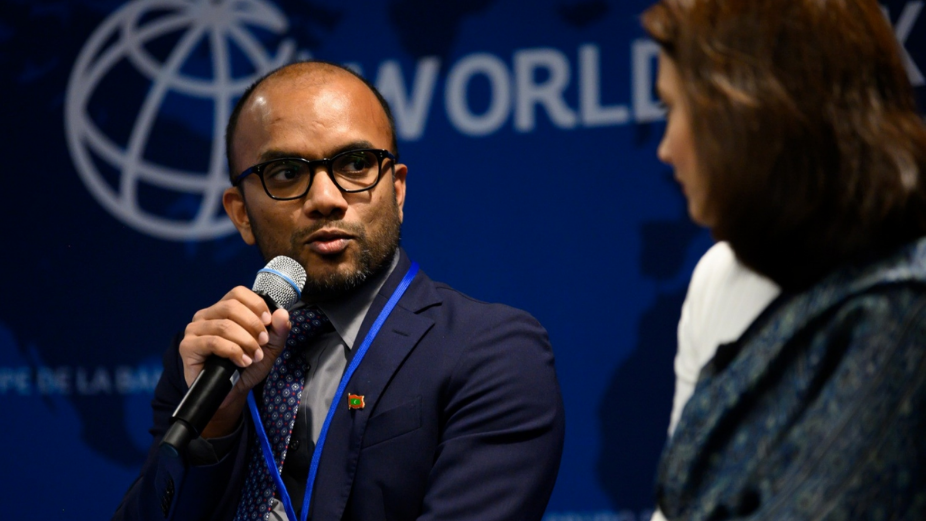The World Bank’s Board of Executive Directors yesterday approved additional financing of $21.6 million to further help Maldives mitigate the economic impact of the COVID-19 crisis on poor and vulnerable workers and their families.
The additional financing will be utilized to expand the existing COVID-19 Emergency Income Support Project, which was approved by the World Bank’s Board of Executive Directors in June 2020 with funding of $12.8 million. It will help finance the extended duration of the Government’s COVID-19 Income Support Allowance scheme by continuing to provide temporary support of up to MVR 5,000 (approximately $322) per month to workers who have lost their jobs or income as a result of the coronavirus pandemic.
“Given the continued high prevalence of infection worldwide, as well as in Maldives, hotels and resorts are forecasting weak demand through the peak northern winter season. Some have ceased operating, and many workers are now either on leave without pay, with reduced pay, or their services have been terminated. The employment impact of the crisis is likely to persist well into 2021,” said Faris. H. Hadad-Zervos, the World Bank Country Director for Maldives, Nepal and Sri Lanka. “Extending the COVID-19 Emergency Income Support Project with more funding will help workers in Maldives continue to receive sufficient income to meet their basic expenses.”
Since its launch, the COVID-19 Emergency Income Support Project has played a significant role in protecting the livelihoods of vulnerable workers in Maldives. As of November 2020, about $10.3 million had been disbursed as income support allowance to some 17,000 workers who had either been laid off or whose income had been impacted by the COVID-19 crisis. Through targeted actions such as awareness initiatives, support services, and flexible requirements, emphasis is also placed on helping women and self-employed individuals who often lack formal contracts and are involved in informal sectors.
In addition to providing temporary cash relief to struggling workers, the COVID-19 Emergency Income Support Project will strengthen the Government’s capacity to better manage future shocks. Under the project, administrative systems are being enhanced to give a greater role to local councils in helping people across the archipelago access support. A new unemployment insurance program, along with a far-reaching national social protection framework, is also being formulated to help soften the blow on both employers and employees in future emergencies. Additionally, the existing retirement pension scheme and other similar programs are being reviewed to benefit future generations of Maldivians.
“The project has already had a substantial welfare impact, mitigating severe economic hardship as a result of the projected contraction in Maldives’ GDP,” said Thomas Walker, Senior Economist and Task Team Leader. “The scale-up of the income support allowance program under this additional financing supports one of the key pillars of the World Bank’s COVID-19 crisis response, ‘Protecting the poor and vulnerable’.”
The COVID-19 Emergency Income Support Project is implemented by the Ministry of Economic Development with support from the National Social Protection Authority and Maldives Pension Administration Office. The total additional financing is $21.6 million, which is fully covered under a grant from the International Development Association (IDA), the World Bank’s concessional credit window for developing countries. With the additional financing, the total cost of the COVID-19 Emergency Income Support Project is $34.4 million, including the $6.4 million grant and $6.4 million credit initially provided by the IDA.


















